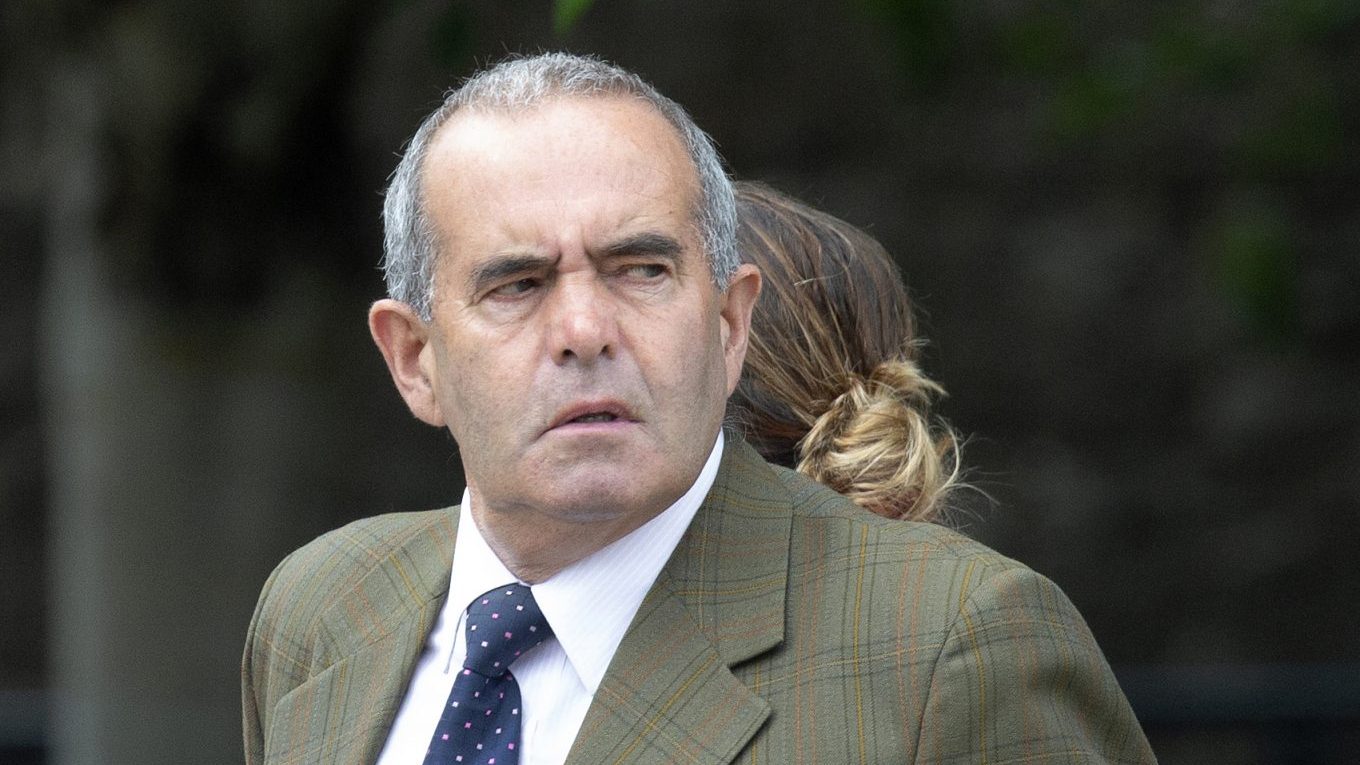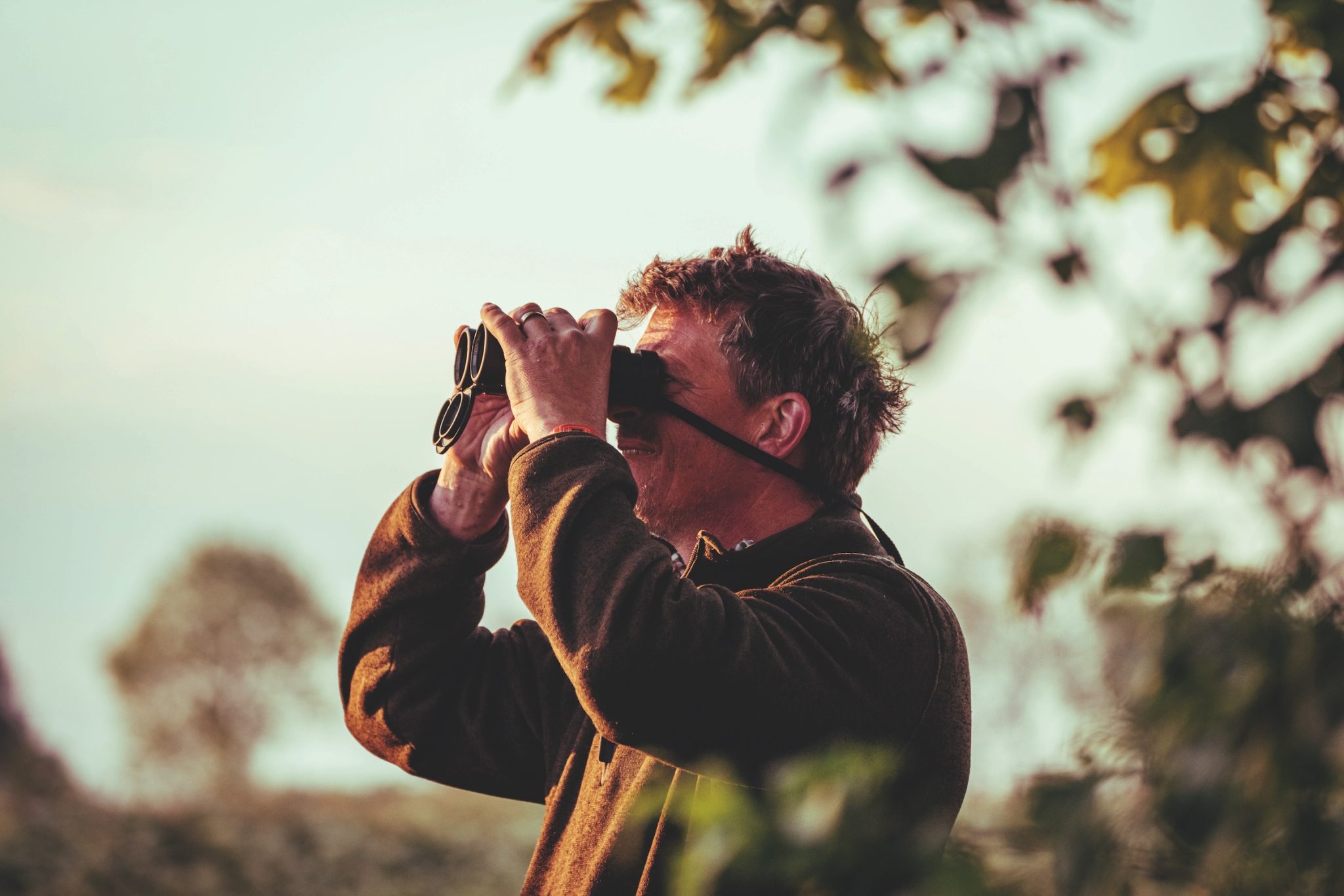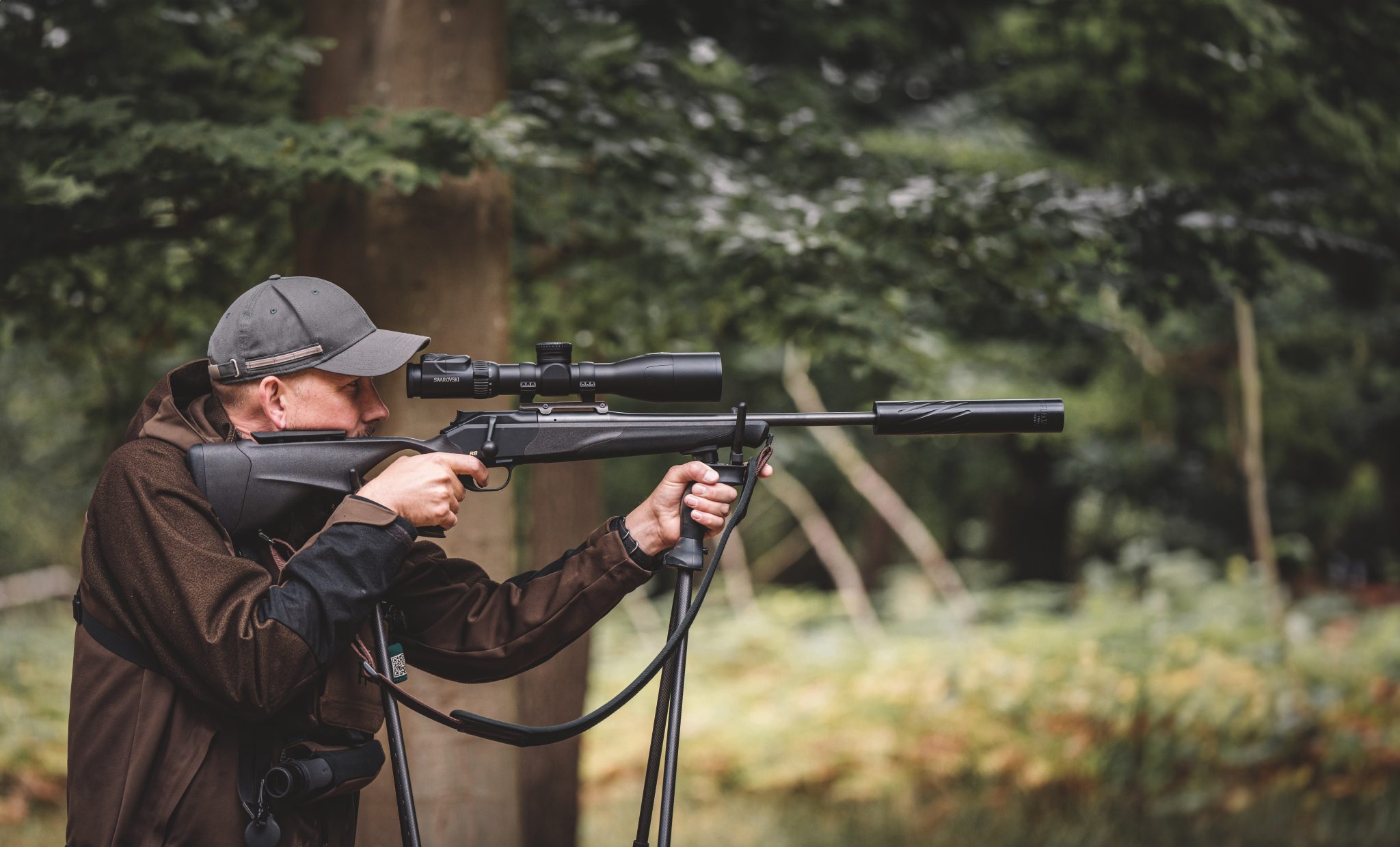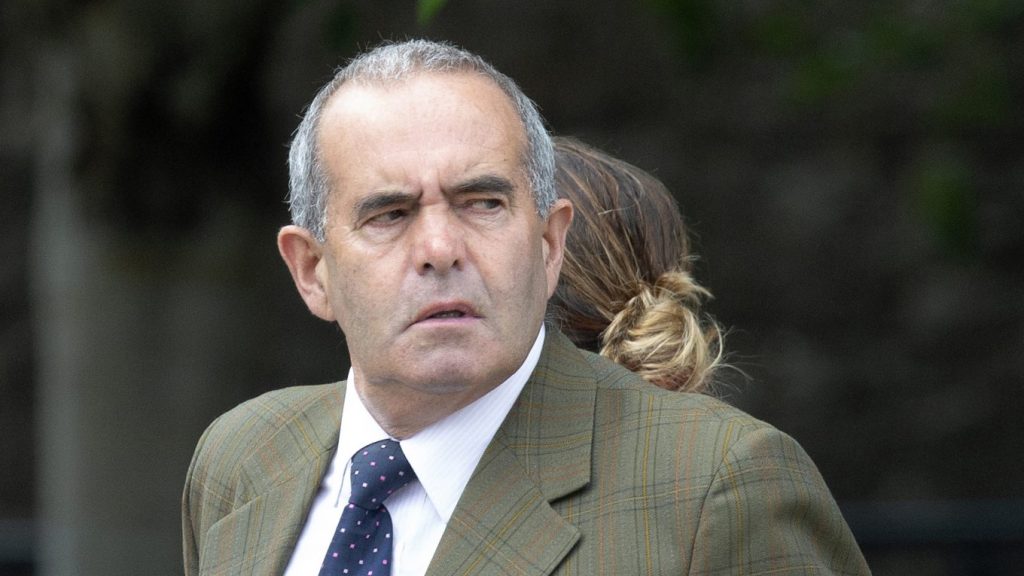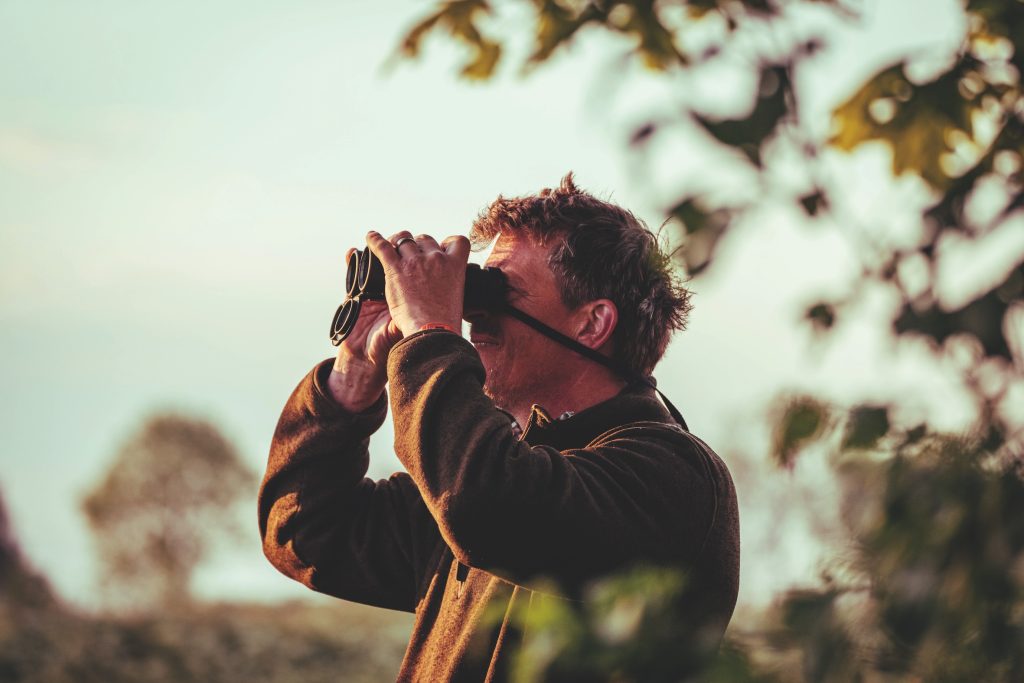★ Win a Schöffel Country shooting coat for everyone in your syndicate worth up to £6,000! Enter here ★
Natural England’s own data exposes major conservation failure
Natural England's own data shows just 53.8% of conservation licences directly benefit species, falling well short of targets
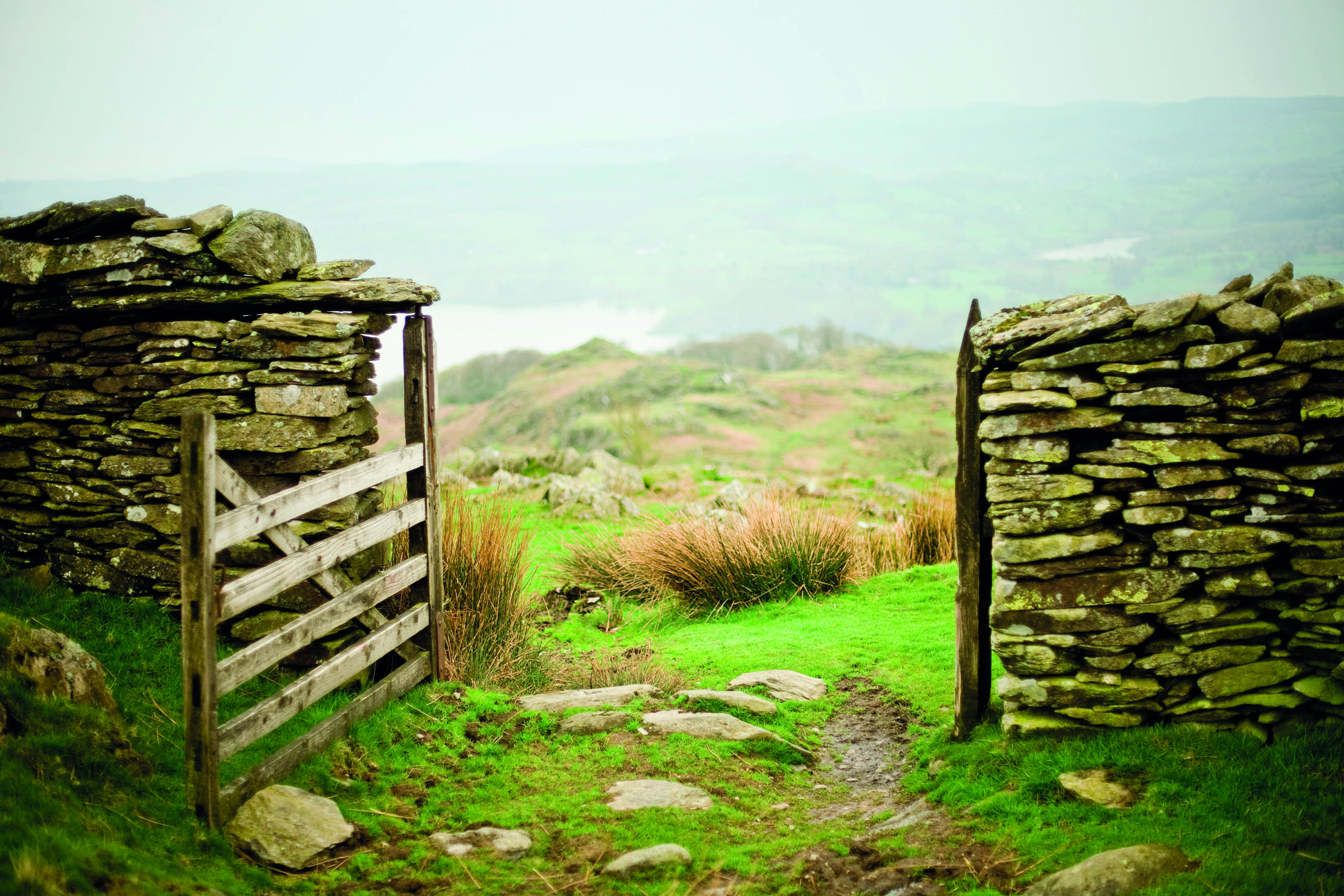 Drystone wall with a farm gate in rural England. The gate is open and leads into a beautiful misty landscape, with green grass and a lake in the background.
Drystone wall with a farm gate in rural England. The gate is open and leads into a beautiful misty landscape, with green grass and a lake in the background.
For years, those working in conservation have suspected that Natural England’s licensing system was failing the people and practices delivering real conservation outcomes. Now, a new report from the agency itself appears to validate these concerns.
Natural England’s performance data for 2023–2024 reveals significant challenges. The agency’s Key Performance Indicator report rates its performance on “licences that benefit species conservation” as amber‑red, with just 53.8% of licences issued having a direct conservation benefit, well below the 60% target.
BASC’s environmental law advisor Alex Murray put it plainly: “NE’s own data tells a story of failure when it comes to licensing for species conservation. The system is unfit for purpose.”
But what could be behind the challenges Natural England has reported?
Licensing system undermines conservation work
The agency said it “took the decision in-year to prioritise meeting customer service standards to address the backlog of overdue cases, which included a significant number of licences not directly benefiting species conservation”. Natural England’s struggle to balance paperwork with its conservation mission highlights the systemic challenges it faces.
The contrast is stark. While Natural England struggles with its licensing processes, the shooting community continues to deliver proven conservation outcomes. Shooting estates have been instrumental in recovering ground-nesting birds and restoring upland habitats.
BASC argues the problem runs deeper than administration. “NE’s poor performance on licensing is not a technical glitch but a symptom of a deeper failure to engage with the people and practices that are vital to conservation,” Alex explained.
The organisation highlights “measurable, landscape‑scale benefits provided by shooting interests, particularly in upland and moorland areas” that it says Natural England continues to ignore. BASC describes this as “a broken licensing system and, ultimately, declining conservation outcomes”.
Natural England’s struggles may reflect broader institutional failures across government conservation bodies. Recent scrutiny by the National Audit Office has exposed systemic weaknesses throughout the Department for Environment, Food and Rural Affairs and its agencies, suggesting the problem lies in governance as much as in individual departments.
The question is whether NE can deliver the conservation outcomes the countryside needs, or whether its own performance data has provided the answer.
Did you like this article? You might also like: Shoots in limbo – and Defra won’t say why
Related Articles
Get the latest news delivered direct to your door
Subscribe to Shooting Times & Country
Discover the ultimate companion for field sports enthusiasts with Shooting Times & Country Magazine, the UK’s leading weekly publication that has been at the forefront of shooting culture since 1882. Subscribers gain access to expert tips, comprehensive gear reviews, seasonal advice and a vibrant community of like-minded shooters.
Save on shop price when you subscribe with weekly issues featuring in-depth articles on gundog training, exclusive member offers and access to the digital back issue library. A Shooting Times & Country subscription is more than a magazine, don’t just read about the countryside; immerse yourself in its most authoritative and engaging publication.



